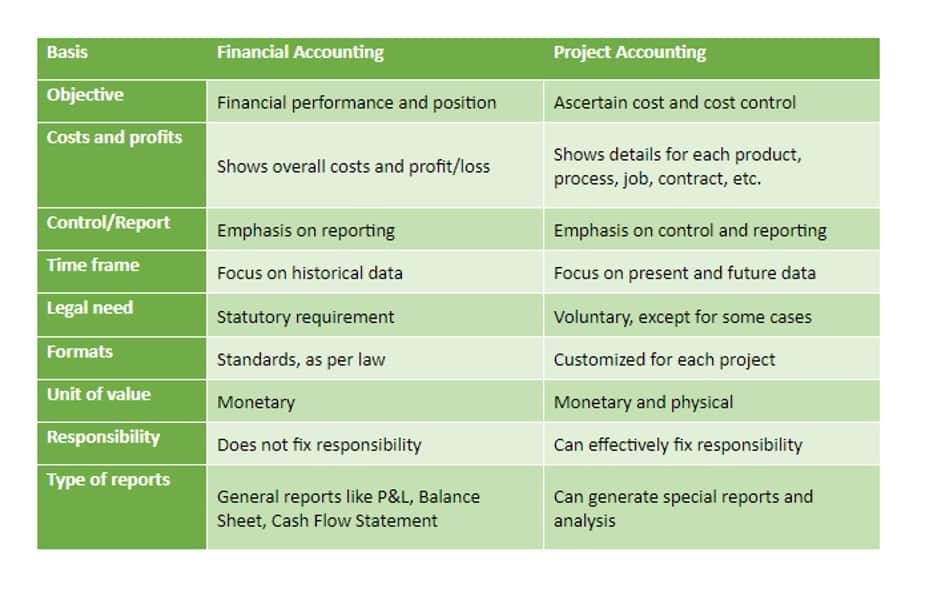
With so many moving parts, it is easy for records to be forgotten, lost, or not entered in the books at the right time. One of the keys for any business is to keep track of all indirect and direct costs. Indirect costs are any costs that are vital to your business, such as equipment repair, insurance, transportation, software, etc. It is crucial to track these different expenses to be a successful construction company.

Long-term Contracts
- Common construction payroll wages range from minimum wage in some areas to more than $50 per hour for experienced workers such as carpenters or electricians.
- If you opt to keep control of this essential part of your organization, it is important to consider how much time you’ll need to manage that.
- Their user interface guides you through whatever you want to accomplish and allows you to achieve what you set out to do on the first try.
- Moreover, storing your documents electronically can help you maintain a paperless environment, thus contributing to preserving natural resources.
- Specialized bookkeeping services for construction and contracting businesses help maintain financial accuracy, allowing companies to focus on their core operations and growth.
For those who love hard work, spending time outside, and being your own boss, starting a landscaping business may be a great fit. Whether you’re an owner of a commercial or industrial cleaning company, or running a residential business, it’s only natural that you’re always on the lookout for new ways to… Set limits, turn tracked time into automated timesheets, and send invoices with Hubstaff. Alternatively, you can talk with other business owners and ask if they can recommend a certified accountant. While there are many places where you can find a certified accountant, your best option is to browse the American Institute of Certified Public Accountants database. It lists thousands of licensed CPAs who can help with all your accounting needs.
The Value of Construction & Contractor Bookkeeping Services

These services ensure that financial records are accurate and up-to-date, which is essential for making informed business decisions trial balance and maintaining compliance with tax regulations. By outsourcing bookkeeping, construction companies can reduce errors, save time, and allocate resources more efficiently. In the construction industry, keeping accurate financial records is more than just a necessity, it’s the backbone of your business. Construction bookkeeping helps ensure that all costs, from labor to materials, are accounted for, making it possible to track profitability, manage cash flow, and make informed decisions.
Accurate Job Costing

Job costing helps maintain organization in the construction accounting process since the accounts Accounting for Churches related to individual projects are kept separate from the centralized accounts. Construction accounting is an important part of any construction business because it helps ensure that the company has solid financial reporting. By understanding these practices, owners can better monitor the financial health of their projects, identify cost overruns, make strategic decisions, and control costs.

Tip 2: Use job costing to manage project costs and general business ledgers
- A tax professional can help construction companies identify tax deductions and credits that they may be eligible for, which can help reduce their tax liability.
- With so many moving parts, it is easy for records to be forgotten, lost, or not entered in the books at the right time.
- At Walker Advisory, we offer more than just accounting solutions; we provide actionable insights to enhance your bottom line.
- However, these rates may vary depending on the size of your company, the number of jobs and employees you manage, and your unique needs.
- In this guide, we address some of those challenges and cover the basics of construction accounting.
- In addition, tracking each project’s profitability can be tricky, particularly compared to other industries where expenses and revenues are lumped together in a single financial statement.
He is an expert in resource and process optimization resulting in greater operational efficiencies. The prices of the materials, tools, and labor are often driven by factors right outside your control. Payroll also often includes a variety of bonuses, benefits, and other incentives, such as overtime pay or extra pay for hazardous working conditions.
Success
This allows them to implement risk mitigation strategies promptly and protect the company from financial downturns or unexpected challenges. Bookkeeping is a fundamental aspect of financial management for any business, and construction companies are no exception. In the dynamic and multifaceted world of construction, proper bookkeeping holds immense importance due to various factors that impact the financial health and overall success of these companies. In this article, we will delve into the reasons why bookkeeping is vital for construction construction bookkeeping services companies and how it plays a pivotal role in their sustainable growth.



